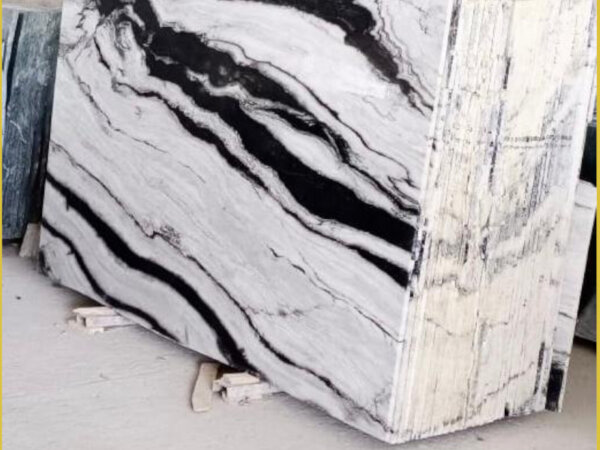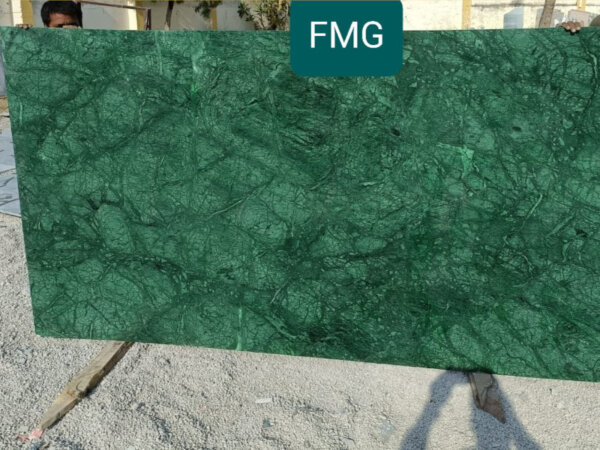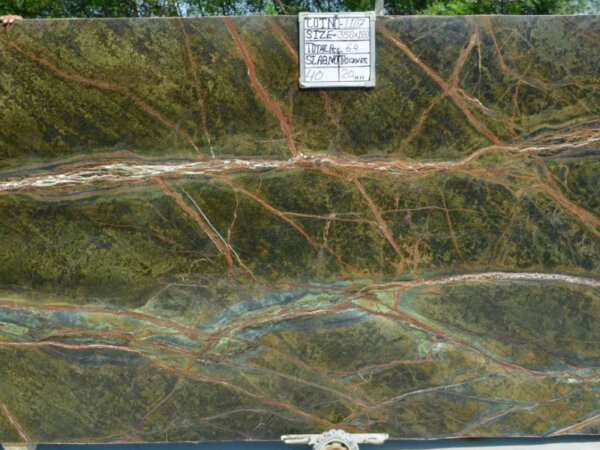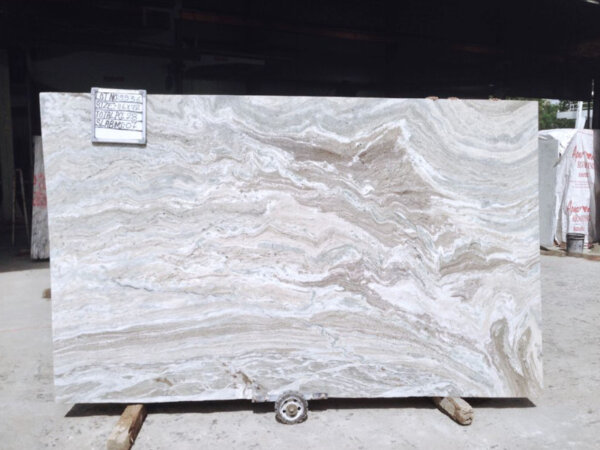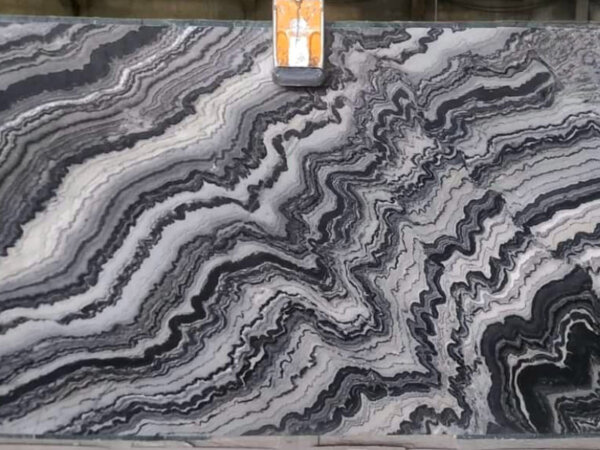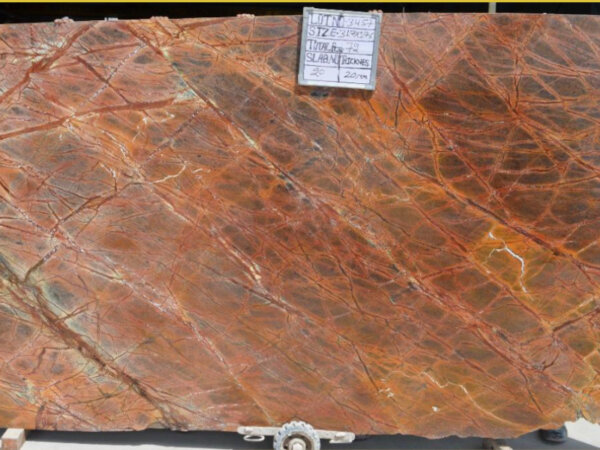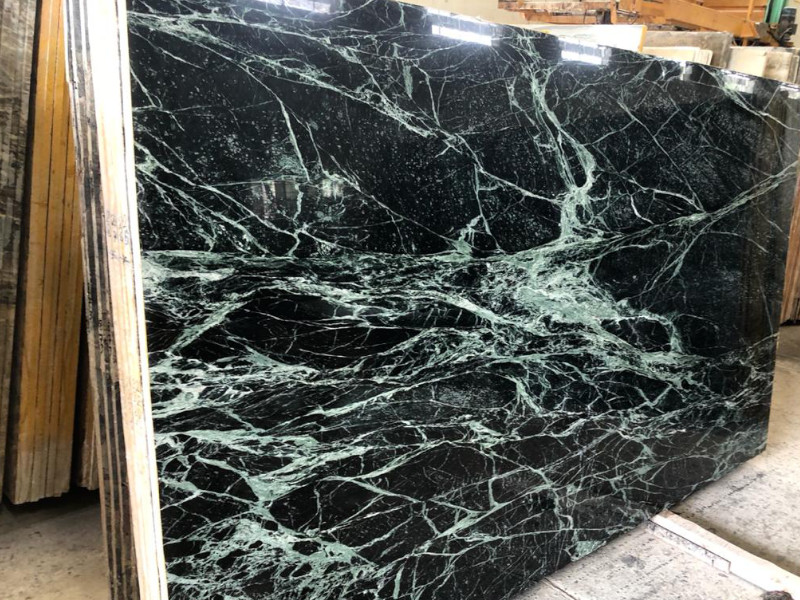Choosing Between Marble and Travertine: A Comprehensive Guide
Travertine is occasionally offered as Marble, but Marble is clearly a specific product than Travertine, despite the fact that they may each be a form of limestone. They each have their precise character, which can be suitable for different reworking projects.
Suppose a person asks me whether they need to use Travertine vs. marble tile. In that case, I ask about how they’ll use the fabric and inform them how they fluctuate to offer them a very good concept of what to expect when you decide to apply Travertine or Marble. In the proper placement, either of those two natural stones may be tremendous alternatives to carry elegance and attraction to your home or enterprise, so long as you realize what to expect from every.
What is Marble?
Marble is a kind of limestone typically utilized in sculpture architecture and paperwork while exposed to high temperatures and pressures. It was a favored fabric by sculptors in classical times because of its softness. It became clean to carve and comparatively shatter-resistant. Its end gave sculptures a mainly waxy property, making sculptures seem more real-looking.

What is Travertine?
While Marble’s aesthetics are classical and funky, Travertine is an alternative sibling with a rougher texture and sense. The material also comes as a much less high-priced opportunity to Marble. It’s an interesting choice for individuals who are trying to evoke the essence of classical structure and design, at the same time as retaining a modern aesthetic.
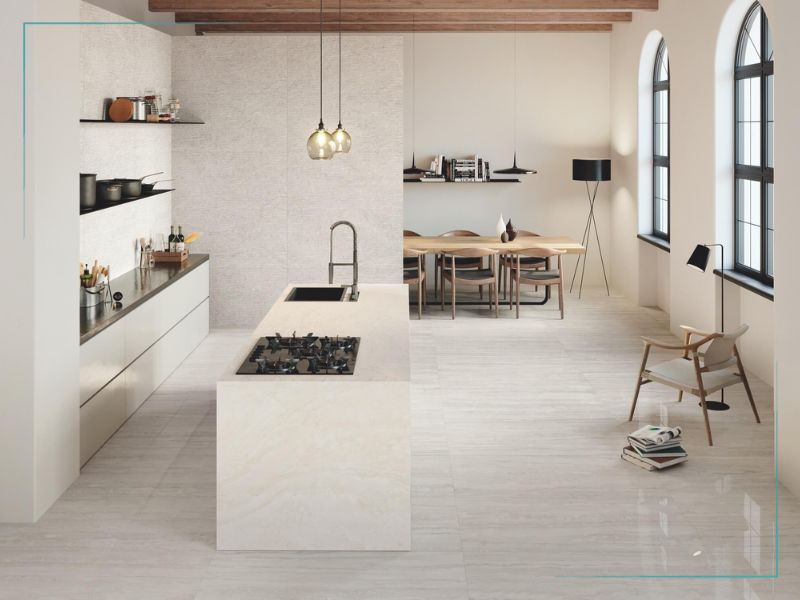
How to make the right choice between Marble and Travertine
In the proper setting, both of these herbal stones can be notable choices to bring beauty and charm to your house or enterprise, as long as you realize what to expect from every. Here are five elements you should never forget to make the right choice.
Appearance
Travertine pavers and tiles have visible pores with an extra natural and textured appearance. Travertine stone commonly has heat sunglasses, from cream and beige to tender grey and silver blue. No two Travertine tiles look identical. The sample and coloration version keep them from looking uniform.
On the other hand, Marble is usually an unmarried, stable coloration with veins of contrasting shades running through it. Mostly, the presence of impurities seems to be black or grey streaks on its surface.
Durability
Marble and Travertine are both difficult stones and can face up to physical wearing. As stated, Travertine is more long-lasting than Marble. The latter is stated to have more density and robustness than Travertine and can also be used in business projects. Yet Travertine is more durable, particularly in countertops. However, in some instances, this depends on where it has been quarried.
Slip resistance
Travertine is evidently porous and has a high friction floor that lends a great anti-slip property. The vintage look, which comes from its roughness, makes Travertine tiles and pavers suitable for use in pool surrounds and wet locations. Few human beings choose to use Unfilled Travertine for its uncooked appearance. (Yet we endorse you to seal the stone to add to its longevity and defend it from staining). Marble is typically polished and lacks slip resistance.
Maintenance
Travertine is pretty gentle and hence prone to staining, scratching, acidic cleaners, and abrasion. Therefore, Travertine pavers and tiles need unique care. Even after sealing the stone, particles or dust can considerably harm it. Hence, you need to sweep or clean Travertine regularly. You should best keep acidic cleaners away and use a dry mop to smooth it. Place rugs or mats on the ground to avoid getting to the floor. It is really helpful to seal Travertine at least twice a year.
Marble, too, tends to get corroded through acid substances or water and isn’t encouraged for polluted regions. It is similarly prone to acidic answers and stains. So, the mild shade calls for immediate cleansing of stains. However, being the tougher one with less porosity, it does not need sealing as often as Travertine.
Cost
You would agree that processing, sharpening, transporting, and putting in the stones affects their fee. Both the stones can get difficult to put in due to their thickness. The more difficult the installation, the more steeply steeply-priced it gets.
Natural Marble is the most luxurious of all. However, natural Travertine fees are greater than cultured Marble and cultured Travertine. The fee relies upon the exceptional of the stones and their availability.
Conclusion
The characteristics and needs of Travertine and Marble are extremely comparable. Not only their appearance but also maintenance and durability are pretty alike. Both the stones add elegance and a high-priced appeal to your flooring, walls, and different outside spaces.
If value is a challenge and you need to bring a country attraction to your area, Travertine is your nice bet. However, if you want a highly-priced look with contrasting veins and more durability, go for Marble. Fortuna Marmo Granite offers a stunning range of both Travertine and Marble to elevate your spaces with timeless elegance and unmatched quality.

